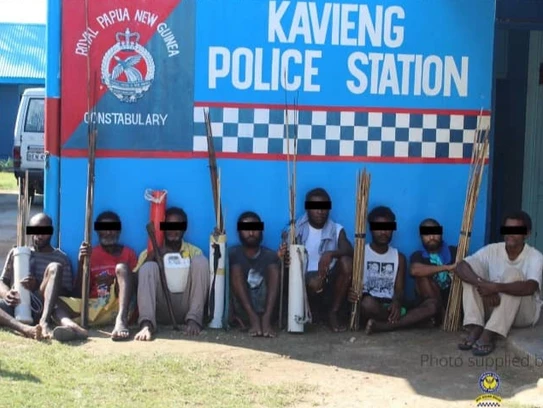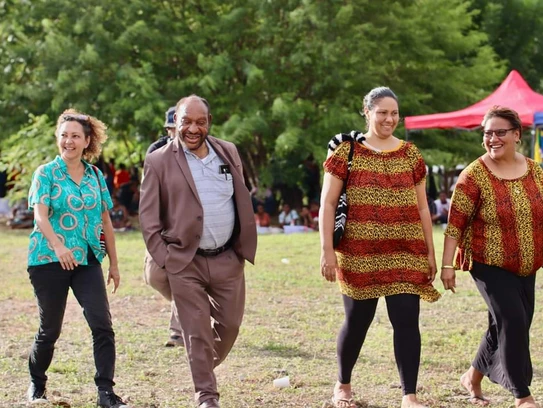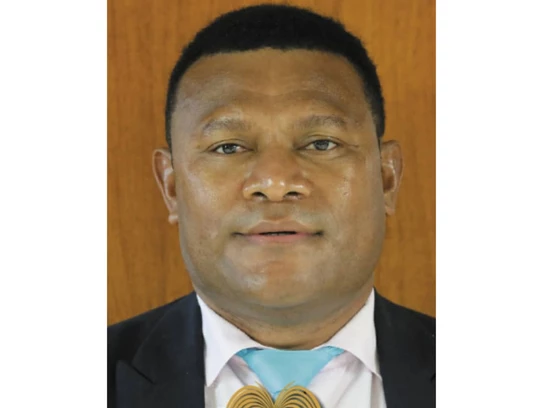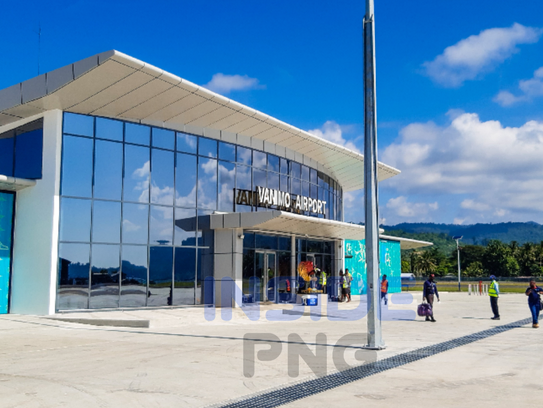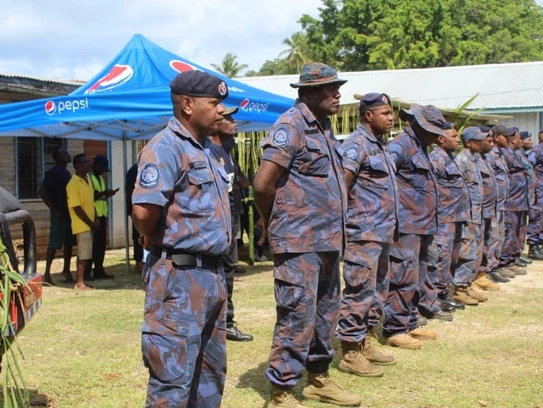Two more suspects have surrendered to police following an operation on the group of islands in Tigak New Ireland Province.
This brings the number up to 13 while one is still on the run as police maintain close presence on the island.

New Ireland Provincial Police Commander Chief Inspector Felix Nebanat said the gang is responsible for a string of crimes including rape, arson, unlawful wounding, robberies, barbaric killings and cultivation and sale of marijuana.
PPC Nebanat said the gang ruled the Tigak Islands and caused crimes without any remorse leaving islanders in fear. Other islands like Ungan, Kavin, Salampiu and Nonovaul were also affected as different crimes soared in the past 36 months.
According to police in Kavieng, the gang members surrendered following the death of their ring leader who was shot during a raid by police after failing to voluntarily surrender after a 7-day ultimatum was issued.

A boat also used by the gang has been confiscated and currently impounded at the Kavieng Police Station as investigation continues.
PPC Nebanat said the police operation wouldn’t be successful if communities and local leaders were not helpful. He said the high crime rate created by the gang has been a concern by men, women and children in all the islands in Tigak.
He also thanked business houses for the various support towards the police reinforcement from Tomariga who are in New Ireland for Election Operations as well.
While the police operation continues, PPC Nebanat has urged more collaboration by all stakeholders to bring normalcy and reduce the level of crime in all the island communities in Tigak.
He said police alone will not address lawlessness in this part of New Ireland but will require partnership.

